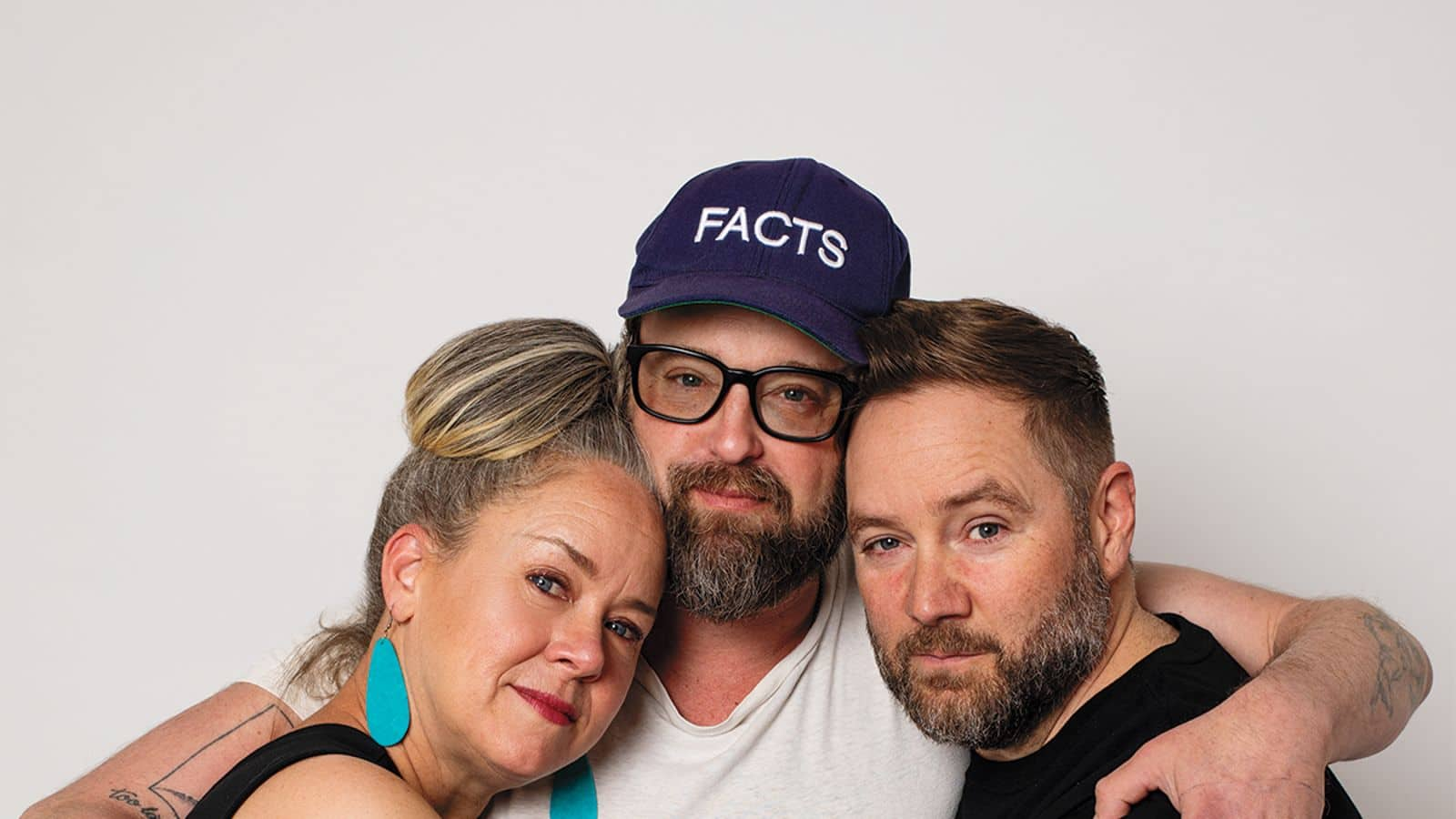
Stars of 'The Blair Witch Project' never received profits, fame
What's the story
Heather Donahue, Michael C Williams, and Joshua Leonard, the stars of the 1999 horror film The Blair Witch Project, have recently voiced their dissatisfaction over what they term "reprehensible behavior." Despite the film's immense success and profitability, they claim to have been excluded from its profits. The actors were instrumental in creating the movie, which was made on a shoestring budget of $35,000 and became one of the most influential independent films ever.
Unrewarded efforts
Actors were given fruit baskets when movie triumphed at BO
The actors were trained by writer-directors Daniel Myrick and Eduardo Sanchez to operate cameras and sound equipment. They were given story prompts and asked to develop the film from there. Despite their significant contribution, they did not receive their expected share of profits. Instead, Artisan Entertainment sent each actor a fruit basket when the film broke $100M at the domestic box office. "That was when it became clear that we were not going to get anything," Donahue told Variety.
Compensation appeal
Actors now seek compensation for 'Blair Witch' reboot
In April 2024, Lionsgate announced a reboot of The Blair Witch Project without consulting the original actors. This move blindsided Donahue, Williams, and Leonard as their names and faces would be used to promote a franchise they never agreed to be part of. In response, they released an open letter to Lionsgate on April 20, requesting "meaningful consultation" on future projects and retroactive and future residual payments for the movie.
Union intervention
SAG-AFTRA steps in, Lionsgate remains silent
A representative for SAG-AFTRA stated that the union has been in communication with Lionsgate to assist the actors and is hopeful for some compensation. However, without a union contract covering the production, their options are limited to appealing to fairness. Despite these efforts, Lionsgate declined to comment on this matter. This situation highlights the vulnerability of newcomers in the industry and the less-regulated world of independent film.
Call for change
Actors advocate for change in industry practices
Despite their ordeal, the actors felt compelled to speak out about their experience. Williams expressed his embarrassment over the situation, stating, "I'm embarrassed that I let this happen to me." He criticized large corporations' indifference toward young artists' exploitation and called for a change. The actors hope their story will serve as a cautionary tale for others in the industry: "Don't do what we did."